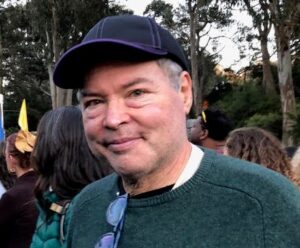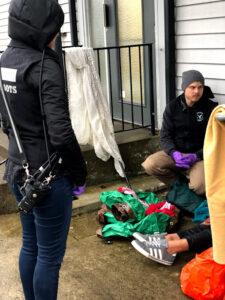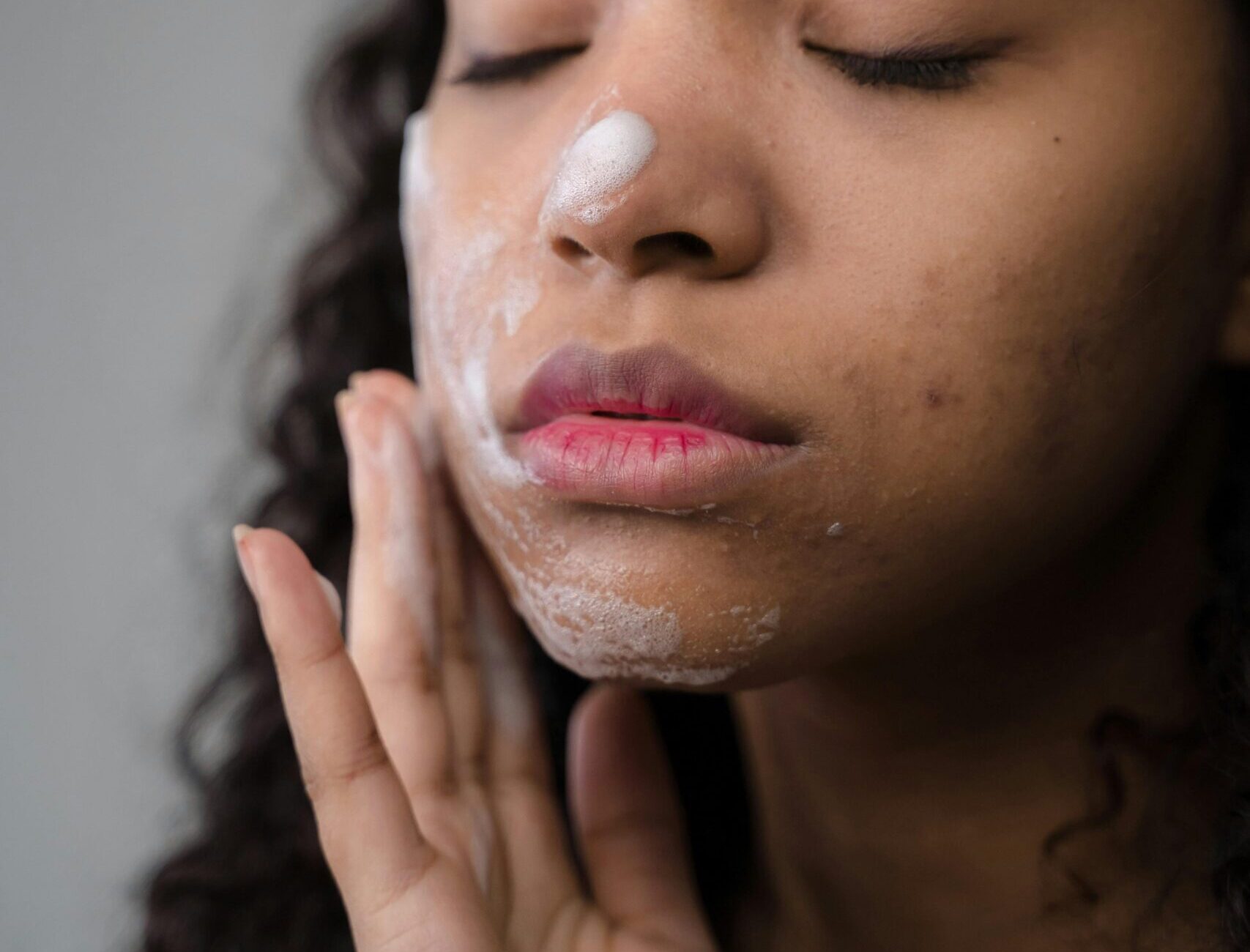(EUGENE, Ore.) —The COVID-19 pandemic has not only affected people’s physical well-being but also their emotional and mental health. On top of that, many underrepresented communities— including BIPOC, LGBTQ, and the unhoused—are especially vulnerable, given disparities in health care access.
In Eugene, staff at the White Bird Clinic were challenged in March 2020 when Oregon Governor Kate Brown issued restrictions on gatherings and other pandemic protocols. But they quickly regrouped and found better ways to help their clientele according to Chris Hecht, the clinic’s executive coordinator.
The Click spoke to Hecht, who’s been with White Bird for more than three years, overseeing its medical, dental, counseling, and mobile crisis-intervention service, CAHOOTS.
Note: This interview has been edited for clarity and length.
The Click: How did the arrival of COVID-19 affect operations in March 2020?
Chris Hecht: In the first few weeks we saw in-person encounters at White Bird medical drop by 85%. The dental clinic was entirely shut down by mandate. Our low-barrier, day access center for unhoused individuals had to stop operating because it was a congregate center, and congregating was not a very good idea in the beginning of the pandemic.

Chris Hecht, executive coordinator of White Bird [Credit: Chris Hecht]
The Click: Has the COVID-19 pandemic driven up—or driven away—requests for assistance in the last 20 months?
Hecht: The baseline increase in everybody’s anxiety and stress level, frankly, is really profound. People are having a hard time finding grace for themselves and others. So it just tremendously increased demand around things like our crisis hotline. The amount of alcohol consumed on average is way up. I don’t know about other substances, but I imagine it’s unlikely that it’s only alcohol. So we get this combination of increased baseline stress and anxiety increasing the difficulty of just making it through everyday life. Grocery shopping is suddenly scary as hell.
The Click: What are some developments that White Bird has been able to carry out despite COVID-19?

CAHOOTS crisis worker Kimber Haws (left) and medic Daniel Felts (right) talk to a homeless woman (off-camera for confidentiality) who is seeking food and shelter around Eugene in this February 2019 photo.[Credit: Brian Bull]
And while it can be a challenge to have a device and Internet access for telehealth, that’s actually less of a barrier than transportation is for folks. Many of our clients rely on being on foot or public transportation. If you are unhoused and so therefore never have a spot where your stuff can be safe, the challenge of getting to a doctor’s appointment can just be huge.
Lane County’s two coordinated care organizations, Trillium and PacificSource, have funds that we’ve been able to leverage to help clients who didn’t have devices or Internet access. One of our goals is to always be on the lookout [for] ways we can ease access to services for our community members. This is a win on that score.

